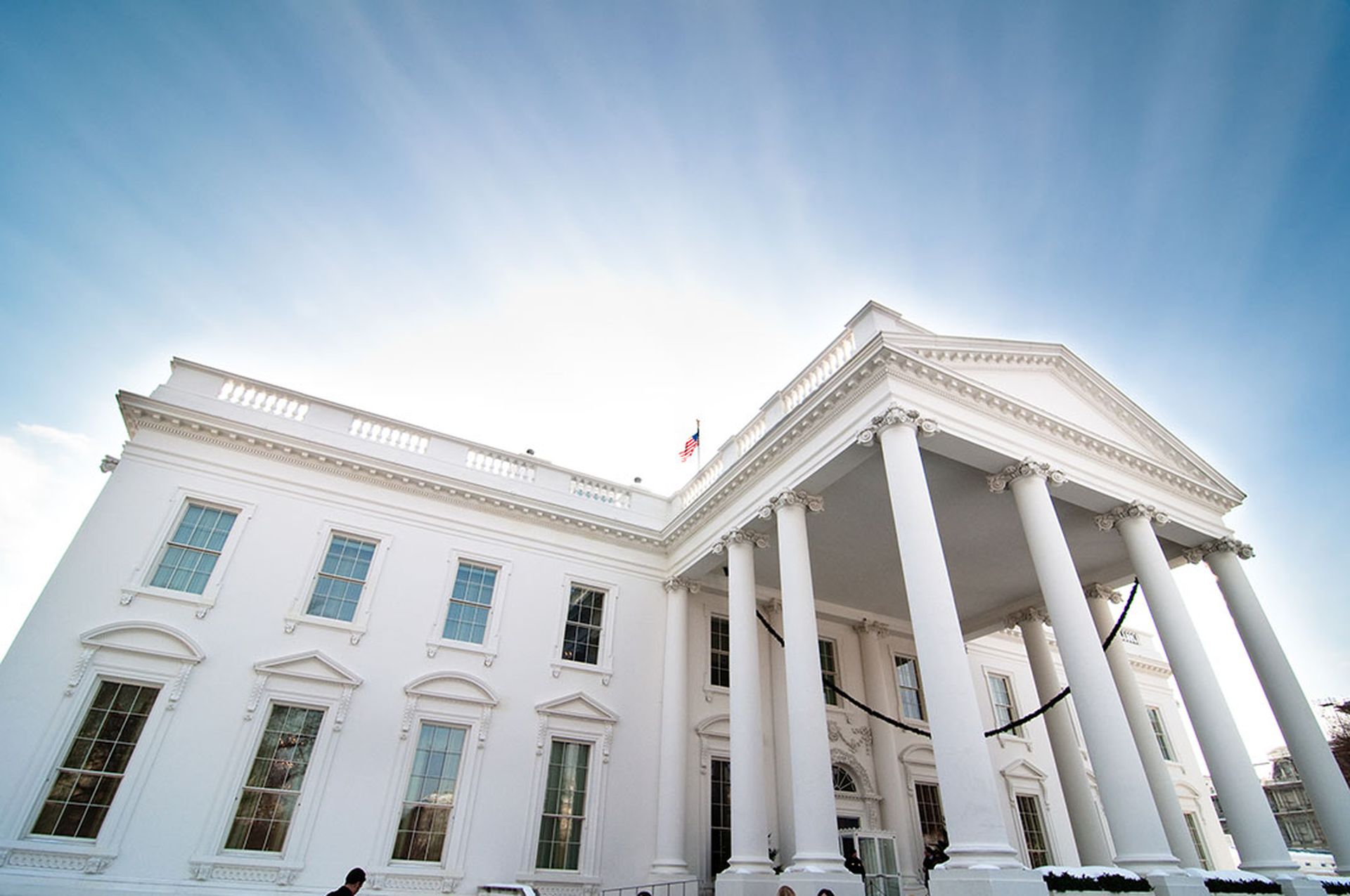As the U.S. presidential elections near, foreign hackers are launching new campaigns against the candidates and their staffers.
Microsoft Threat Analysis Center reported that a pair of Russian-based groups known as Storm-1516 and Storm-1679 have increased efforts to infiltrate and disrupt U.S. political campaigns, particularly those of Democratic Party nominee and current Vice President Kamala Harris.
“Microsoft has observed a notable shift in Russian influence operations tactics reflecting the changing U.S. political environment,” MTAC said.
“Specifically, we have observed Russia pivot towards targeting the Harris-Walz campaign, with actors disseminating fabricated videos designed to sow discord and spread disinformation about the new Democratic nominee Vice President Harris.”
In this case, Microsoft said that the two groups are running a disinformation campaign centered around doctored or misleading videos. The fake videos, which purport to have come from U.S. media outlets, claim that either the candidates themselves or their supporters have been involved in physical attacks and assaults on others, usually politically motivated.
According to Microsoft researchers, both groups are well known as Kremlin-backed troll farms and influence operations. Storm-1679 in particular gained notoriety for its trolling and disinformation campaigns around the Paris Olympics earlier this year.
Disinformation campaigns, particularly those from government-aligned troll farms in Russia have become a depressingly common occurrence during campaign season. Most famously, Kremlin-backed influence groups were credited for helping to tip public opinion during the 2016 presidential election.
In this case, the Microsoft team believed that the campaigns have less to do with wanting to tip the scales against Harris than the fact that she only recently launched her presidential campaign in the wake of President Joe Biden’s decision not to stand for reelection.
“The shift to focusing on the Harris-Walz campaign reflects a strategic move by Russian actors aimed at exploiting any perceived vulnerabilities in the new candidates,” Microsoft explained.
“Initially, Russian influence operations struggled to evolve their efforts following President Biden’s departure from the 2024 U.S. presidential race.”




